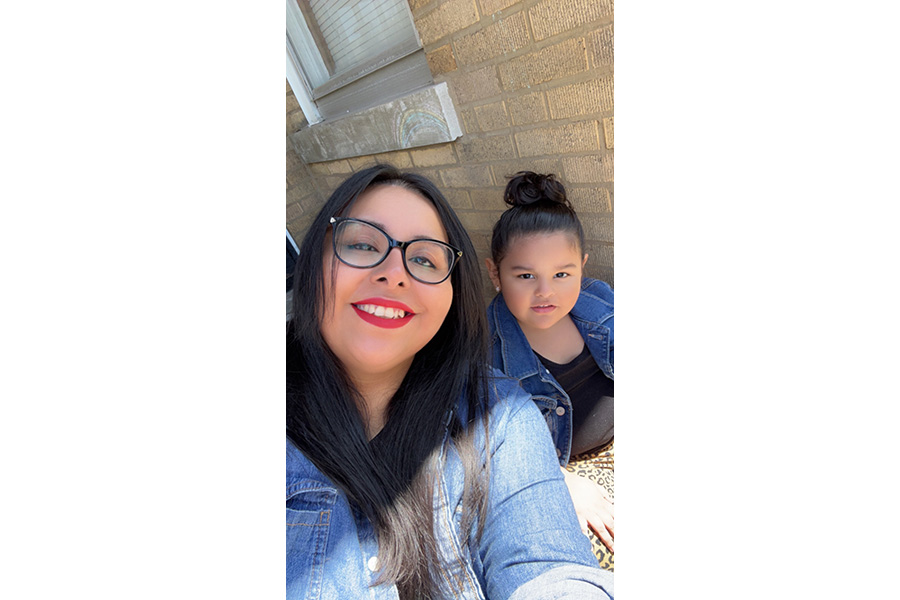The Essentials of a Successful School Year for You and Your Child’s IEP
When a new school year begins, students are not the only ones with butterflies in their stomachs. Parents of students with special needs also worry about what a new year, a new teacher and a new classroom may bring. If your child has an Individualized Education Program (IEP), the legal document clearly delineates your child’s needs. Here are tips for creating a positive classroom experience and successful school year.
Schedule a parent-teacher-case manager meeting.
At the start of the school year, all of your child’s teachers provide written signatures that they have reviewed your child’s IEP. However, it is a brief overview and teachers are not yet familiar with your child’s program, modifications and accommodations.
After the first couple months of school, schedule a time to sit down with your child’s teachers and case manager to review academic supports and accommodations. In essence, you are setting aside this time to give teachers an overview of how your child is best able to take in information while reviewing accommodations, such as providing a word bank on a fill-in-the blank test or giving a lesson outline prior to the presentation of new material so that your child can follow the outline and add personal thoughts or notes. This is also a time for you to meet and make a connection with all of your child’s teachers, permitting them to know you by name and face.
For a Successful School Year: Put it in writing.
Once your child’s IEP meeting has been held, your child’s program goes into effect within 15 days of the IEP meeting date, with or without your signature. Sometimes, parents are misled to believe that if they do not sign the IEP, they are showing disagreement or require more time to review the document in detail. However, when you are in disagreement with an element of a behavior plan, related service or program within your child’s IEP, prepare a written letter to your child’s case manager indicating what specifically you are in disagreement about.
Integrate a sensory diet into your child’s day.
Create a personalized activity plan that can be integrated into your child’s daily schedule in order to satisfy the need for movement, deep pressure or heavy work. These types of activities satisfy proprioceptive, vestibular, auditory, visual and tactile needs for a child who may have a sensory processing disorder, difficulty sustaining attention, or is restless and fidgety.
For example, a child diagnosed with ADHD or Autism may not be able to maintain attention and focus to one task while sitting down at a desk for an entire class period. As a result, a sensory tool may include a move ‘n sit cushion, which is a seat cushion that is wedge shaped and filled with air. It is used to help fidgety or lethargic students maintain a level of alertness. A child who is restless may also need the opportunity for movement breaks within the school day. It might benefit a child like this to work at his or her desk for ten minutes and then take a five-minute break to go to the bathroom or water fountain, or to send a note to another classroom teacher or the main office.
For children who are hyperactive, a five-minute gym break for a quick run or game of basketball can be integrated into the child’s schedule to allow for a better ability to focus on class tasks.
Consult with the occupational therapist (OT) in your child’s school for additional ideas and how they can be integrated and implemented on daily basis. Overall, these strategies can help you and your child to transition into the new school year smoothly. While also giving you the chance to discuss your child’s academic program and develop a positive rapport with your child’s teachers.
Dr. Liz Matheis is a licensed Clinical Psychologist and certified School Psychologist who specializes in working with children with ADHD, Anxiety, Autism, Learning Disabilities, and behavioral struggles. She is also mom to three children, one with special needs. Her practice, Psychological and Education Consulting, is located in Livingston, New Jersey.















